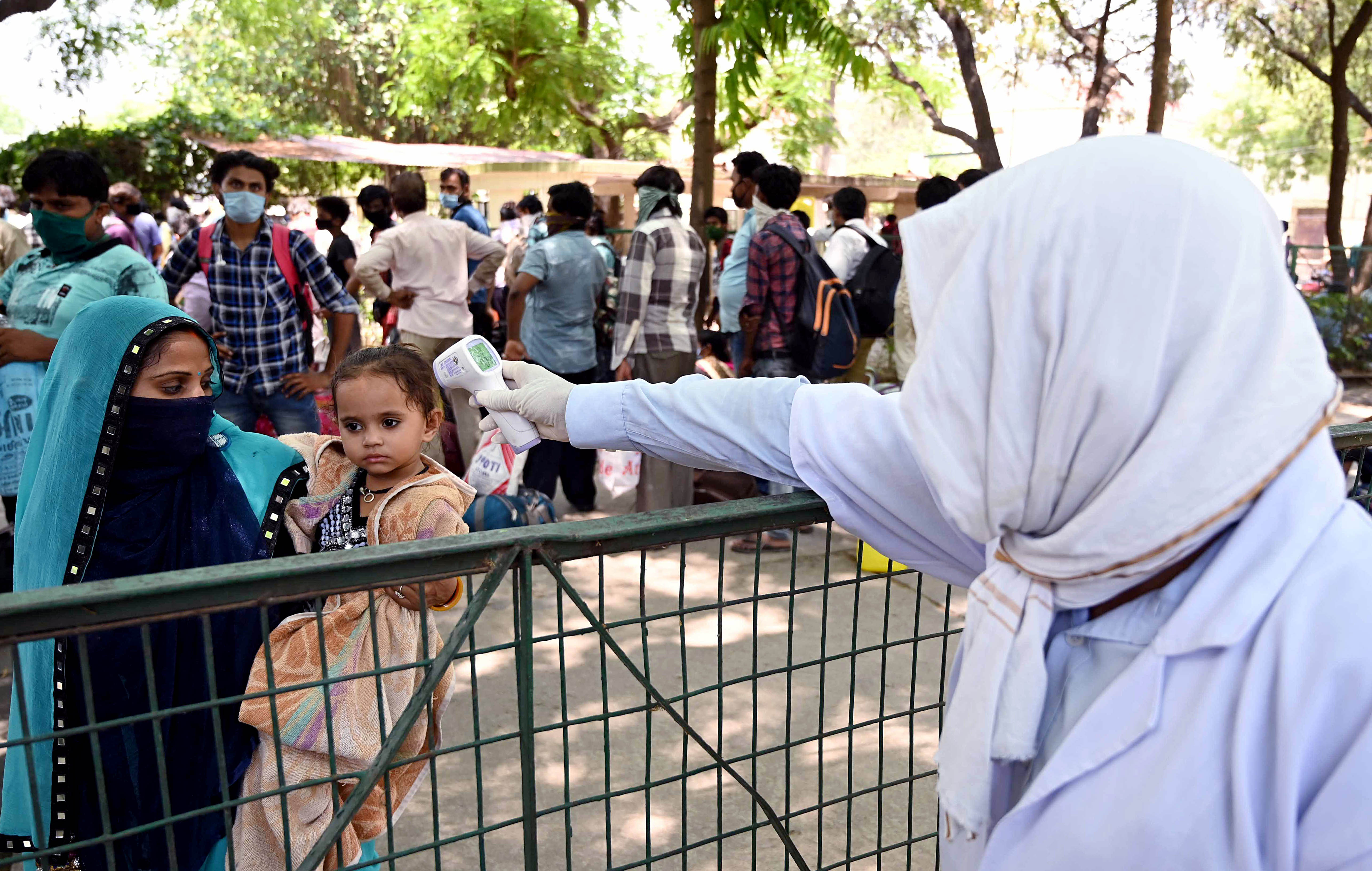‘You can’t connect the dots looking forward; you can only connect them looking backwards. So you have to trust that the dots will somehow connect in your future,” the late Steve Jobs mentioned this in one of his motivational speeches delivered at Stanford University. One never thought that this could even be true for policymaking in government.
The Indian government has launched various socio-economic development programmes keeping the short-term and long-term vision and objectives in mind. Most of the social programmes were launched with peoples’ participation, in order to bring a behavioural change among the masses. Swachh Bharat, Fit India, International Yoga Day, Ujjwala scheme, Jan Dhan accounts etc., are to name a few. These policy initiatives were implemented for the people, by the people and are of the people. In addition to this, there were programmes like Ayushmaan Bharat, Digital India, Aadhaar etc., that were pushed from the top. Who ever thought that the true impact, benefits and importance of these schemes could be realised during the coronavirus outbreak?
When the entire developed part of the world is being criticised for its mishandling of the Covid-19 situation—taking a heavy toll on its population—Indian efforts have been applauded. The immediate efforts by the Government and the response on the field
The lockdown has delayed the spread of the pandemic, but at the same time, brought a lot of hardship to the common man who got stranded at different locations. This seemed inevitable, at least for the time being. The poor person’s hardship could be addressed to some extent through direct benefits transfer of cash into an individual’s Jan Dhan account, widespread coverage of ration and its increased allocation and improved, free and cashless healthcare facilities for the needy through Ayushmaan Bharat. The biggest success of our policy initiatives is that the benefits are reaching those for whom they are meant, without any leakage, through their Aadhaar linked accounts. Further, the government is able to distribute benefits without much delay. All these schemes were launched and implemented at a massive pace—with “Ferrari” speed. The exigency was even criticised by a few at the time. An example of speed could be seen from the implementation of the PM Jan Dhan Yojana, which was launched in August 2014, and saw the opening of nearly 10 crore bank accounts within six months. Today, we have 38.25 crore beneficiaries linked with bank accounts, enabling every household linked with basic banking facility. The Ayushmaan Bharat scheme was launched during September 2018, and has successfully empanelled nearly 20,916 hospitals for cashless health services to nearly 50 crore-plus poor and needy population, through 12.45 crore e-cards issued till April 2020. This has also covered free check-up and treatment for Covid-19. Similar was the case of implementation with most of the other schemes. Also, all these schemes were implemented ensuring people’s participation, bringing the common man at the centre of scheme implementation. This rekindled the feeling of patriotism and contribution in the process of nation building in the common man’s heart.
Digital India has connected most households with telecommunication network, which has enabled immediate shift of office work to home. Schools and colleges are considering conducting their classes online; meetings are happening over video conferencing apps; employees are working from home. All this could have been possible but for the spread of telecommunication network across the country. The schemes of Fit India, promotion of Yoga enabled availability of health content on mobile apps, helping people to take care of their health at home.
The launch of Make in India in September 2014 made India an investment friendly country, improving its ranking in the ease of doing business—from 134 in 2014 to 63 in 2019. Global manufacturing companies and corporates are considering relocating their base/plants from China because of Covid-19—to the developing world, where India becomes the potential destination.
The launch of “all India” schemes of Clean India, Ayushmaan Bharat (India), Make in India, Digital India and others, are different dots implemented in the last few years, now seen connected, creating a wonderful collage of supporting the cause of a common man. These dots then appeared discrete, but now they connected, helping India march in its battle against corona.
Santosh Ajmera is Joint Director in the Ministry of Information and Broadcasting, in charge of Field Communication for Maharashtra and Goa region. Views are personal.

